LEAF
Your Village Grocer. Where quality produce and community come together.
From market to basket, we source real food from the earth. Fresh, seasonal, and carefully selected, always.
01
Where great food begins.
Our grocery is all about flavour, freshness and the simple joy of good ingredients. From just-picked produce to pantry favourites, everything on our shelves has been chosen because it tastes the way it should - real, honest, and full of life.
Grocery
02
Baked fresh, every day.
We work with Melbourne’s best artisan bakers to bring you bread and pastries that are made the right way - slowly, simply and with care. Pick up a warm sourdough, buttery croissant or a sweet treat to start your day right.
Bakery
03
For lovers of flavour.
Our deli is a celebration of craftsmanship - small-batch cheeses, cured meats, antipasti and condiments that turn simple meals into something special. Whether you’re building a platter or elevating dinner, this is where you’ll find the good stuff.
Deli & Cheese
04
Seasonal blooms.
Our flowers are an extension of how we think about food - fresh, seasonal, and thoughtfully sourced. Visit our Armadale store for beautiful bouquets, plants and small gifts. Our blooms change with the weeks, reflecting what’s growing now and what’s at its best.
Flowers
OUR STORY
Leaf began with a simple idea: to bring people closer to real food. Since 2007, we’ve built relationships with farmers, growers and artisans who share our values - integrity, quality and respect for good produce.
THE ART OF EATING WELL
Eating well is simple. It starts with good produce and a little respect for where it comes from. At Leaf, we make it easy to fill your kitchen with quality ingredients that inspire beautiful meals and better living.
Eat Better
•
Feel Better
•
Eat Better • Feel Better •




